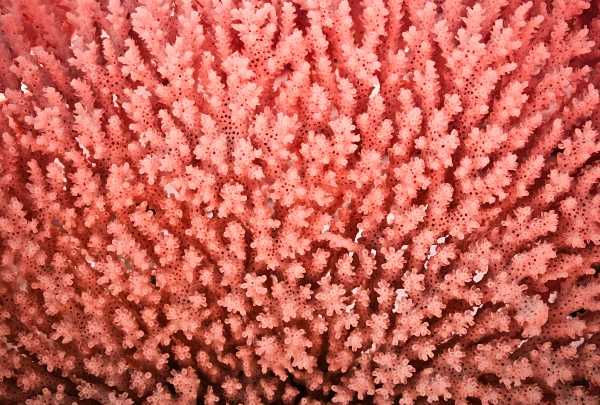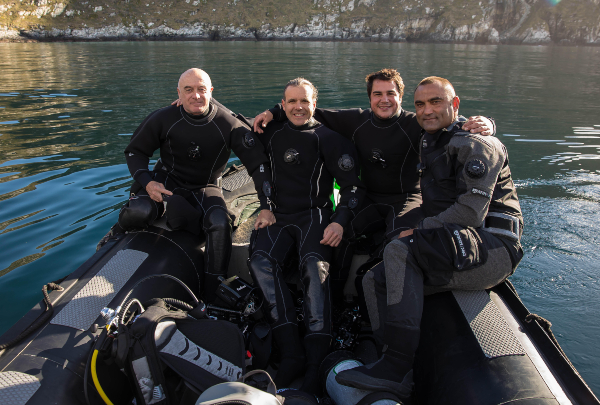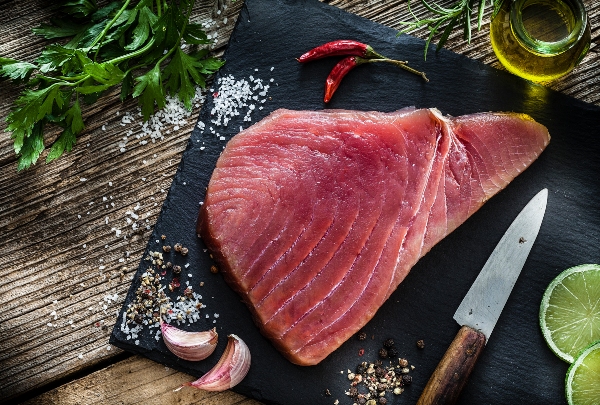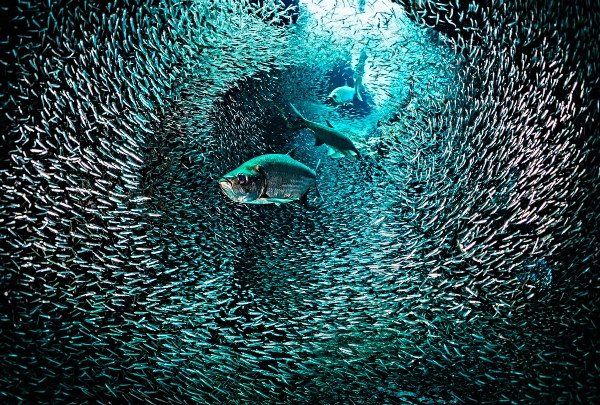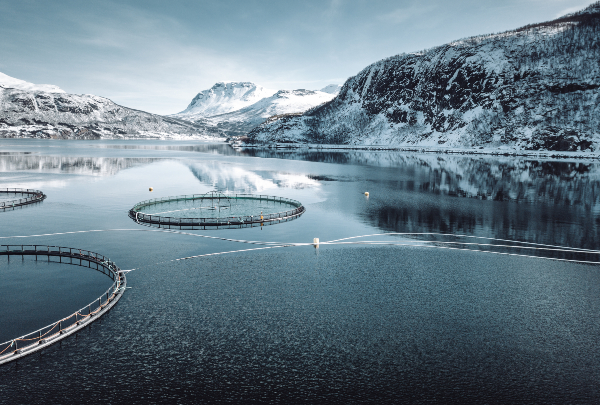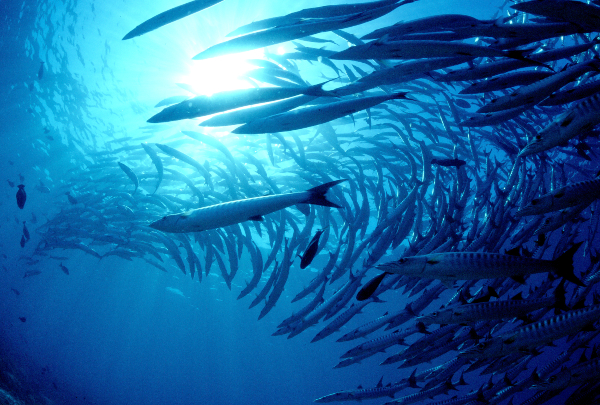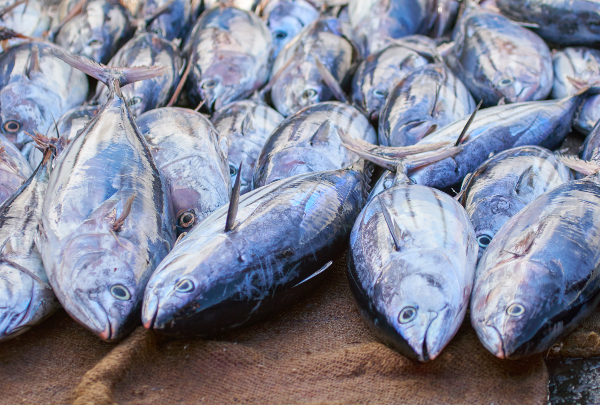News
Vidar Helgesen: “By better managing the oceans, we can achieve the 21% reduction in CO2 the planet needs”
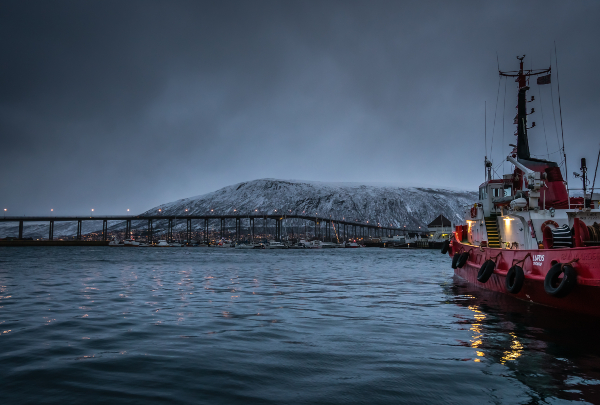
It provides oxygen and food, it helps control the climate and absorb excess carbon emissions — this makes the ocean our ally in the quest for a sustainable future. It’s up to all of us to look after it because “we all share it”.
It makes no doubt that the ocean is part of the solution to some of the major issues humanity is facing (climate change, food shortages, etc.). This is how defending it and understanding it better has led 14 world leaders to take part in a unique initiative – the High-level Panel on Building a Sustainable Ocean Economy. It is made up of Australia, Canada, Chile, Fiji, Ghana, Indonesia, Jamaica, Japan, Kenya, Mexico, Namibia, Norway, Palau and Portugal, and it has the support of the UN’s Special Envoy for the Ocean. Altogether, these countries account for 30% of the world’s coastline. Norway’s special envoy to the High-Panel, Vidar Helgesen, shared some of the working group’s conclusions at Meeting of the Seas in a chat with Benjamín Lana, president of Vocento’s Gastronomy Division.
“There’s a chance if we do the right thing”. Helgesen opened the door to hope and offered solutions. All revolve around the same idea – we need oceans to be managed sustainably. This largely entails democratising the use of new technologies and marine knowledge.
The High-Panel alerts to the need to share all possible information about the current state of the oceans. Only with in-depth knowledge of the situation can the right measures be designed. “Real time information is what will enable us to act speedily, selectively and adequately”, but to do this, Helgesen argues, “we must overcome the political barriers that some countries are maintaining to unlock this information. We need a more transparent and sharing-based culture”.
The more we know, the better we can act. There are five key areas where action is needed: renewable marine energies (wind and sun), optimised sea transport, the safeguarding of marine ecosystems, responsible fishing and planned aquaculture, and enhanced carbon storage capacity in the ocean depths. Efficiently and sustainably managing these five areas would result in “a 21% reduction in CO2 emissions which the planet needs by 2050”.
Technological innovation, a key ally
“If we manage fishing grounds properly, eradicate illegal fishing, and better plan marine resources, captured fish output could increase by 20%”. “Responsible aquaculture could help produce up to six times the amount of some species of fish or shellfish, such as mussels, for instance”. With these figures, Helgesen’s message is clear: we can produce a lot more food in the oceans. This has to be the way, because “there’s no latitude to feed the world’s population through more agriculture and stockbreeding”.
This is where new technologies can play a key role because they can be used, for instance, to detect illegal fishing vessels by tracking sailing patterns, monitor protected areas with drones or quickly tackle diseases by equipping aquaculture farms with sensors, etc.
Using the technology the 4th industrial revolution can provide to help the planet – as opposed to against it as it has happened in the past - Vidar Helgesen predicts a future where the ocean as well as the planet as a whole are key, where sustainable power plants in the high seas are properly managed and mangroves and marshes are regenerated.
“Now is the time to invest because investments in sustainability bring five times more benefits than costs”. A conclusive point.

